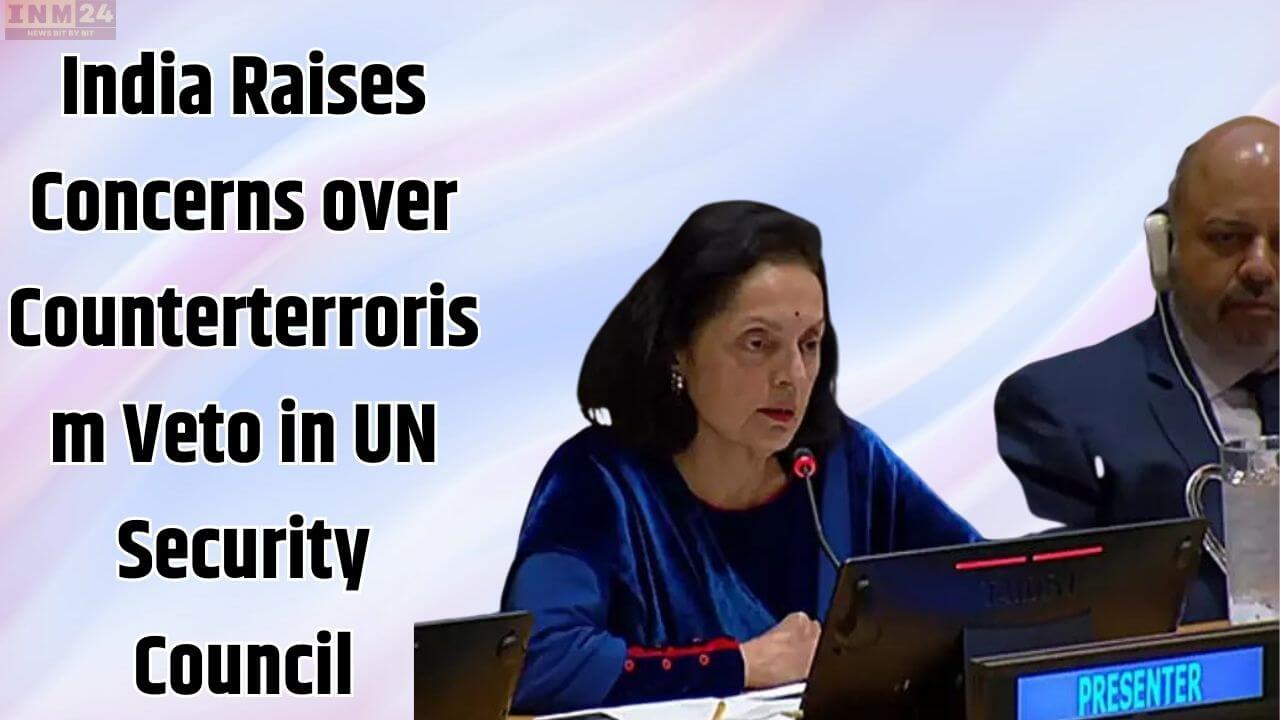In a bold move at the United Nations Security Council (UNSC), India has taken China to task, specifically addressing the procedural aspects of the Counter-Terrorism Sanctions Committee. The Security Council’s ban committee has faced scrutiny from India, alleging China’s use of veto powers to shield terrorists associated with Pakistan. India has criticized this practice, highlighting the need for transparency in the committee’s functioning.
India’s Permanent Representative to the UN, Ruchira Kamboj, voiced concerns over China’s recurrent use of veto to block sanctions against individuals linked to terrorism originating from Pakistan. She emphasized the importance of evidence-based sanctions against globally recognized terrorists, expressing discontent with the arbitrary rejection of listing requests without providing any justifiable reasons.
China’s Controversial Veto History
China has consistently used its veto power to shield Pakistani terrorists from sanctions, raising eyebrows within the international community. Notably, China thwarted the designation of Sajid Mir, a Lashkar-e-Taiba operative involved in the 2008 Mumbai attacks, as a global terrorist. This incident was just one in a series of instances where China has safeguarded individuals with known terrorist affiliations targeting India.
The recent move by India at the UNSC reflects growing frustration with China’s pattern of protecting terrorists, undermining global efforts to combat terrorism effectively. The call for reform in the functioning of the Counter-Terrorism Sanctions Committee resonates with broader concerns about the misuse of veto powers.
India Advocates for UN Security Council Reforms
Besides addressing the specific issue of counterterrorism, India has also advocated for broader reforms within the UNSC. Ruchira Kamboj urged the committees to operate in a more transparent manner, emphasizing the need for contemporary and inclusive perspectives. She emphasized the importance of reflecting the geopolitical diversity of the world in decision-making processes, acknowledging the voices of developing nations and regions like Latin America and Asia with substantial representation.
Kamboj stressed the urgency for a Security Council that mirrors the contemporary realities and geographic diversity, highlighting the need for a body that effectively represents the voices of developing nations. The call for reforms underscores India’s commitment to shaping a more equitable and responsive international system.
India’s strong stance at the UNSC showcases its determination to address critical issues affecting global peace and security. By challenging China’s repeated use of the veto to protect terrorists, India is not only advocating for justice but also pushing for essential reforms within the United Nations Security Council. The demand for increased transparency and the inclusion of diverse voices in decision-making processes aligns with the evolving dynamics of the international landscape, signaling a call for more comprehensive and equitable global governance.
